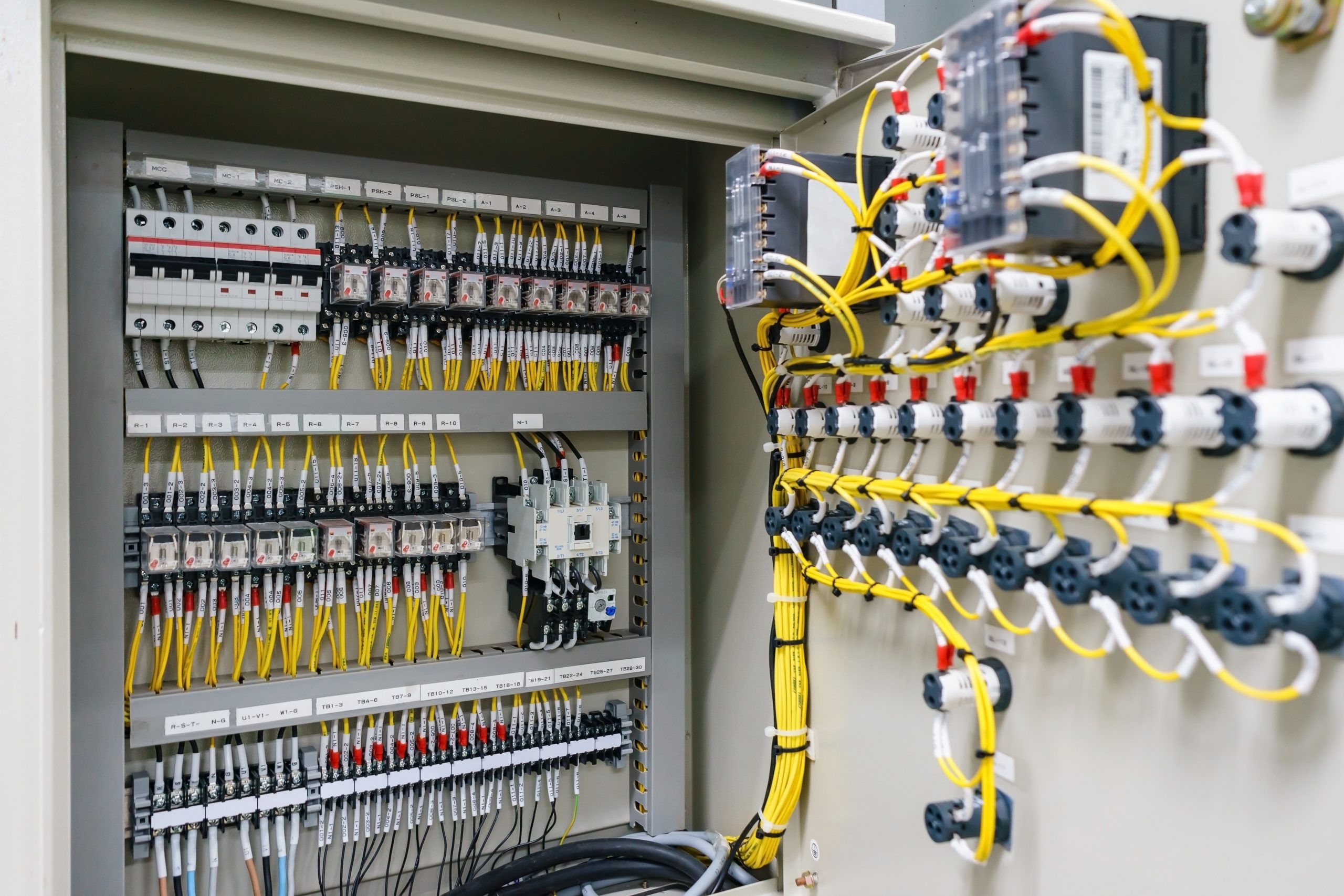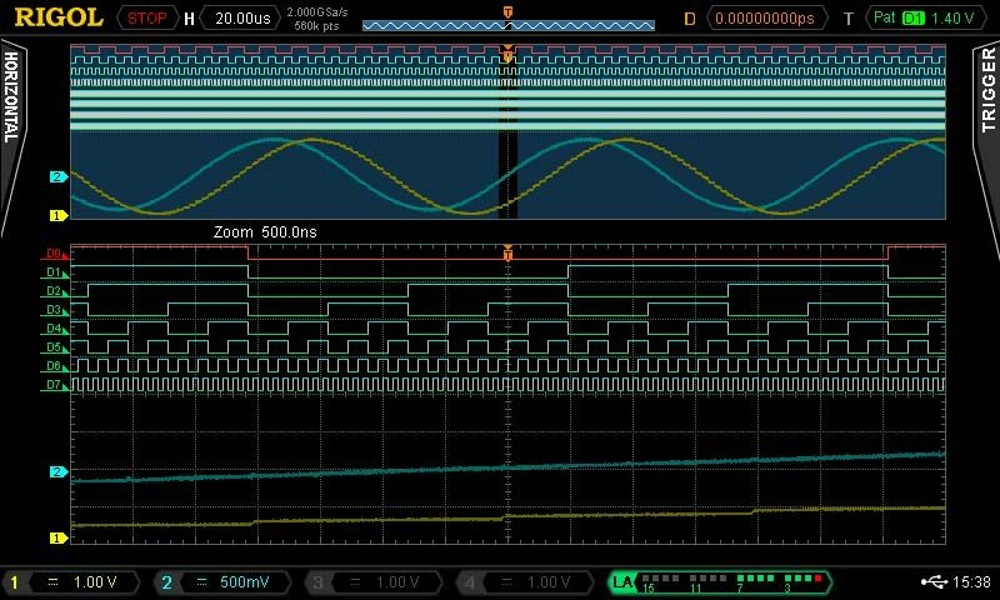Understanding the Role of a Commercial Electrical Contractor
In the world of commercial buildings, electrical systems serve as the lifeblood, ensuring smooth operations and safety for occupants. However, as businesses evolve and expand, the need for electrical upgrades becomes inevitable. One critical aspect often requiring attention is the electrical panel. Commercial electrical panels are the nerve center of a building’s electrical system, distributing power efficiently and safely throughout the premises. When it’s time for a change, entrusting the task to a professional commercial electrical contractor is paramount.
The Importance of Electrical Panel Changes
Over time, commercial buildings may experience increased electrical demands due to expansions, renovations, or the installation of new equipment. These changes can place a strain on outdated electrical panels, leading to issues such as frequent tripping, overheating, or even electrical fires. Upgrading the electrical panel not only enhances safety but also ensures compatibility with modern electrical requirements.
Signs It’s Time for an Electrical Panel Change
Several indicators suggest that it’s time to consider upgrading the electrical panel:
- Frequent Circuit Breaker Tripping: If circuit breakers trip frequently, it could indicate that the electrical panel is overloaded and struggling to handle the load.
- Outdated Panel: Older electrical panels, particularly those with fuse boxes or insufficient capacity, may not meet the demands of modern electrical usage.
- Visible Damage or Corrosion: Physical damage or corrosion on the electrical panel can compromise its functionality and pose safety hazards.
- Adding New Appliances or Equipment: Introducing new appliances or equipment may require additional electrical capacity, necessitating an upgrade to the electrical panel.
- Upgrading to Meet Code Requirements: Building codes and regulations evolve over time. Upgrading the electrical panel ensures compliance with current safety standards.
The Process of Electrical Panel Changes
When undertaking electrical panel changes, a professional commercial electrical contractor follows a structured process to ensure a seamless transition:
- Assessment and Planning: The contractor conducts a comprehensive assessment of the existing electrical system and determines the requirements for the new panel. Factors such as electrical load, building layout, and future expansion plans are considered during the planning phase.
- Permit Acquisition: Depending on local regulations, obtaining permits may be necessary before commencing the panel upgrade. The contractor takes care of permit acquisition to ensure compliance with legal requirements.
- Panel Selection: Based on the assessment, the contractor selects a suitable electrical panel that meets the building’s current and future electrical needs. Factors such as capacity, safety features, and compatibility with existing equipment are taken into account.
- Installation: The old electrical panel is safely disconnected, and the new panel is installed according to manufacturer specifications and industry standards. Proper labeling of circuits and thorough testing are conducted to ensure functionality and safety.
- Documentation and Inspection: Upon completion of the installation, the contractor provides documentation detailing the work performed and conducts a final inspection to verify compliance with applicable codes and regulations.
- Client Education: The contractor educates the building owner or manager on proper maintenance procedures and safety precautions related to the new electrical panel.
Benefits of Hiring a Professional Commercial Electrical Contractor
Partnering with a professional commercial electrical contractor offers numerous benefits:
- Expertise and Experience: Commercial electrical contractors possess the knowledge and experience to handle complex electrical projects efficiently and safely.
- Compliance with Regulations: Contractors stay updated on building codes and regulations, ensuring that electrical panel changes meet legal requirements.
- Safety Assurance: Proper installation and adherence to safety protocols minimize the risk of electrical hazards, protecting occupants and property.
- Efficiency and Reliability: Contractors complete projects in a timely manner, minimizing disruptions to business operations and ensuring reliable electrical systems.
- Long-Term Cost Savings: Investing in a high-quality electrical panel installation reduces the need for frequent repairs and enhances energy efficiency, resulting in long-term cost savings.
In conclusion, electrical panel changes are critical for maintaining the safety and efficiency of commercial buildings’ electrical systems. Entrusting this task to a professional commercial electrical contractor ensures that the process is carried out smoothly and effectively, providing peace of mind for building owners and occupants alike.








